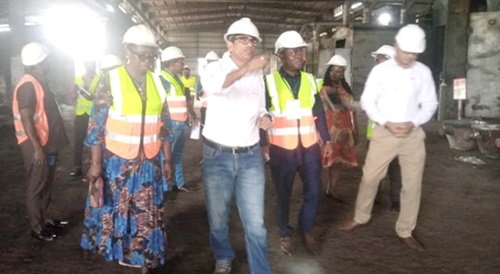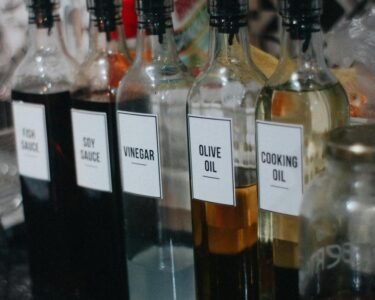The Ministry of Trade, Agribusiness and Industry plans to engage exporters of non-ferrous scrap metals in a bid to make more raw materials available locally to sustain jobs in the industry.
The ministry said the engagement, which would focus on the possibility of mandating the sale of a portion of non-ferrous scrap metals to local processors, was aimed at protecting local industries and enhancing job creation.
This comes at the back of a call for a ban on the export of non-ferrous scrap metals.
Non-ferrous scrap metals refer to any metal waste that does not contain iron or steel.
Engagement
Speaking to journalists last Thursday after a tour of Recyclers Ghana Ltd at Shai Hills in the Greater Accra Region, the Deputy Minister of Trade, Agribusiness and Industry, Sampson Ahi, said the scheduled engagement with exporters of scrap metals would discuss potential solutions such as requiring them to sell a percentage of their materials to local factories for domestic processing.
Mr Ahi explained that the visit was to understand the factory’s operations, challenges and how the government could assist them, especially as the government intend to implement the 24-hour economy policy, which aims to boost economic activity and employment.
“If you look at the capacity of the factory as against the amount of raw material that they get to process, there is a deficit and that is why they are calling on the government to do something about the export of the scraps,” he said.
“We want to sit at the table and discuss with the other parties and find a better way to resolve this problem,” he said.
Challenges
A Director of Recyclers Ghana Ltd, Manish Kumar Jangir, who took the Deputy Minister round the facility, revealed that the company was currently operating below capacity due to the non-availability of non-ferrous scrap metals locally.
Mr Jangir said 60 per cent of Ghana’s non-ferrous scrap metals were exported raw, denying local factories the needed raw materials and forcing shutdowns.
He disclosed that the continuous export of raw non-ferrous scrap metals was resulting in an estimated $250 million in potential foreign exchange earnings lost annually.
He stressed that increasing the company’s operational capacity would lead to sustained jobs, boost production levels, and enhance the potential for growth of the industry.
“We are doing around 50,000 metric tonnes per annum, and this includes recycling batteries, aluminium, old car tyres, as well as plastic, but currently we are only running at 30 per cent of our installed capacity,” he said
Job creation
Mr Jangir said the plant currently employs 150 people but can generate over 700 direct jobs if it operates at, at least 70 per cent of its production capacity.
He, therefore, called on the government to implement an export ban on non-ferrous scrap metals to enable local industries to increase job creation and contribute to the country’s economy.
Writer’s email: [email protected]





